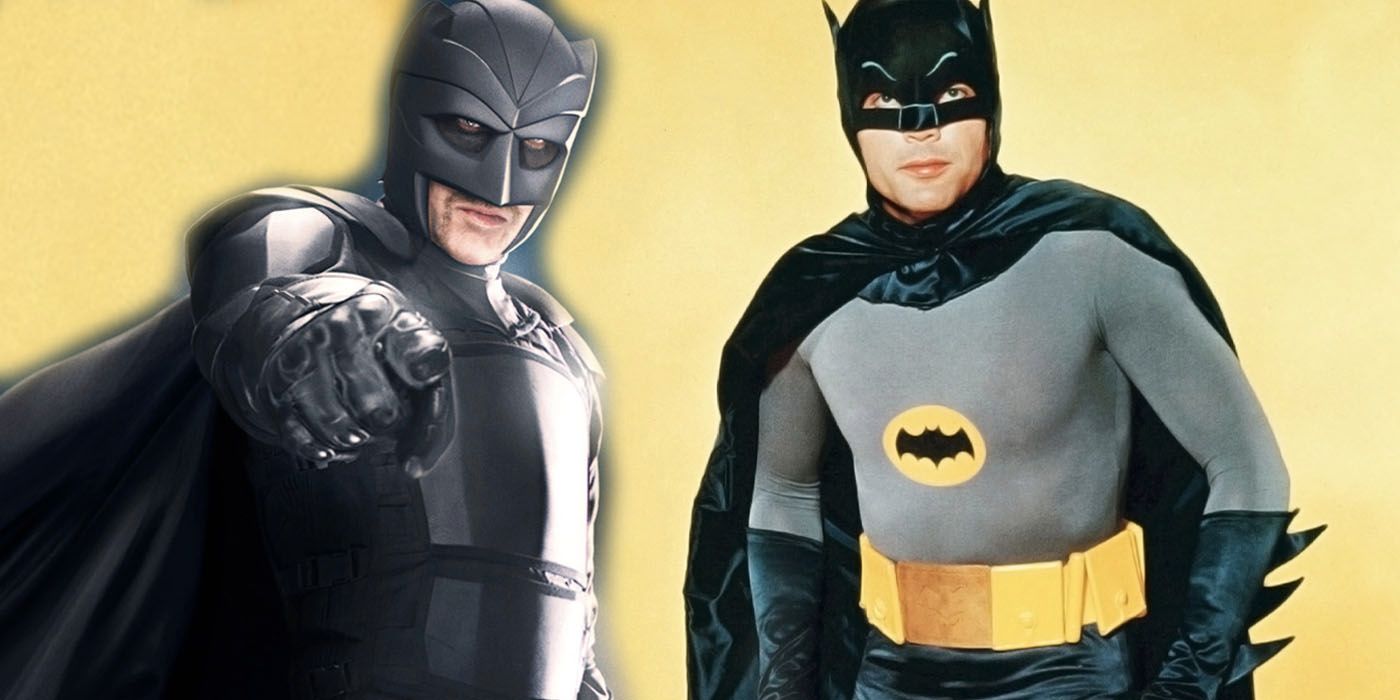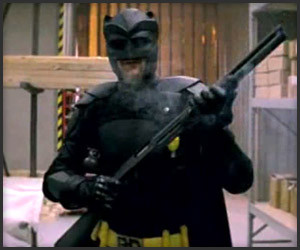
During his 2007 tour, Ayala set several records: first in Ecuador and then in Bolivia, where 50,000 fans packed his concert at Santa Cruz de la Sierra. It included collaborations with artists like will.i.am, Tainy, Akon, Fergie, and Héctor Delgado. The album heralded a return to Daddy Yankee’s hip-hop roots and branched out from strictly reggaeton. It introduced reggaeton to the world by becoming a hit everywhere from the Caribbean to the USA, Europe to India and beyond.ĭaddy Yankee released his next album, El Cartel: The Big Boss, in June 2007, and promoted it with a tour of the US and Latin America. “Gasolina” changed the face of the music industry. The single “Gasolina” was particularly successful and earned Daddy Yankee nominations at the Latin Grammys and the MTV Video Music awards. Barrio Fino was the best-settling Latin music album of the 2000s, ultimately selling over 30 million copies. The album experimented with elements of Salsa music, mixed with rap and reggaeton, and made Daddy Yankee a household name. In 2004 Daddy Yankee brought reggaeton to the masses with the compilation Barrio Fino, produced by Luny Tunes and DJ Nelson.

His next two releases (El Cartel in 1997 and El Cartel II in 2001) were the defining albums that would launch his career in Puerto Rico and make reggaeton the hottest genre on the island.Īyala released his next album, El, in 2003 and became instantly famous in the Latino communities of Miami and New York, U.S.A. Daddy Yankee released his first solo project, the album No Mercy, in April 1995. While the Puerto Rican government banned many of Ayala’s first mixes with DJ Playero for their explicit content, there was no stopping him. As Ayala perfected this new genre, he began to abandon the traditional style of rap. Reggaeton incorporated the now-ubiquitous Dembow from Jamaican dancehall music, as well as American hip-hop and Hispanic Caribbean music, to create something unique. Departing from the rap music he grew up with, Ayala soon began to explore new territory with a new style of music which he and DJ Playero later named “reggaeton”.ĭaddy Yankee was a pioneer of reggaeton, borrowing heavily from artists like DJ Playero, DJ Nelson, Tempo, and Vico C. He collaborated with artist DJ Playero on the recording “So' Persígueme, No Te Detengas” in 1990.

His hopes for a baseball career dashed, Ayala became involved with the rap music scene in San Juan. He spent one and a half years recovering from the bullet wound. The bullet lodged and remains there to this day: a reminder of the moment that led him toward a career in music. While taking a break outside a recording studio one day, a stray bullet hit Ayala in the hip.

He tried out the Seattle Mariners, but before he could be signed, a life-changing accident happened. He might have accomplished it, too - by all accounts he was an incredible athlete.
KICK IT WITH MY DADDY PROFESSIONAL
To this day, Ayala remains in touch with his roots and works with Puerto Rican youth through local charities.Īyala grew up in the projects of San Juan and aspired to be a professional baseball player. He is known to be a huge advocate of “urban music,” citing its ability to transcend social divides and inspire people to do good. He has an ability to flawlessly combine hip-hop, reggaeton, and Latin music and make it accessible to mainstream audiences.ĭaddy Yankee has claimed Bon Jovi, Michael Jackson, and Nas as musical influences.


 0 kommentar(er)
0 kommentar(er)
